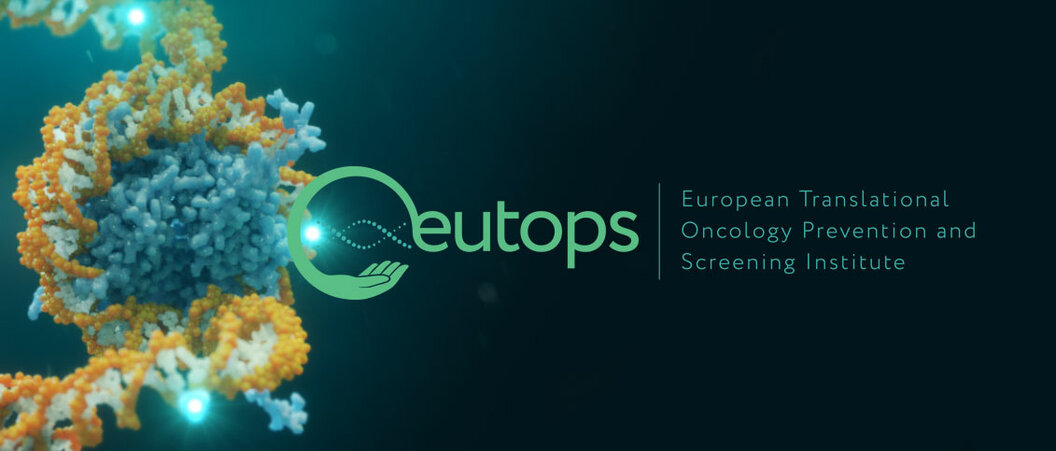Three new papers from the EUTOPS team are published in Nature Communications and Communications Medicine. These papers explore the potential of DNA methylation signatures - epigenetic "footprints" - that record past exposures and predict future cancer risk.
Key findings from the papers are –
• Non-invasive risk prediction: Epigenetic signatures in buccal (cheek) and cervical cells mirror breast tissue changes and predict breast cancer with up to 75% accuracy.
Herzog et al, Communications Medicine
• Rethinking ageing and cancer: Breast cancer tissues appear "older," while cervical tissues in cancer patients seem "younger," challenging conventional ageing theories.
Herzog et al, Nature Communications
• Targeted prevention with mifepristone: Blocking progesterone reduced breast cancer incidence by 50% in a mouse model, with DNA methylation changes predicting risk.
Barrett et al, Communications Medicine
We are already actively working towards the next steps, which include validation of the epigenetic signatures in large cohorts of samples collected years in advance of diagnosis.
We also want to explore personalized prevention strategies, starting with high-risk women (e.g., BRCA1 carriers) and have been awarded funding from the RISE-UP initiative at the University of Southern California San Francisco to take this forward in collaboration with experts from across the globe.



